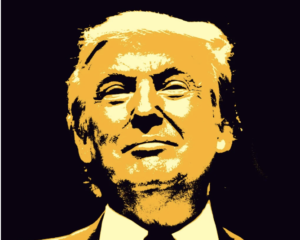#Netanyahu #Israel #USCeasefire #Hizbollah #MiddleEastConflict #PeaceTalks #InternationalRelations #MilitaryAction #GlobalPolitics #IsraeliPremier
In a recent declaration that has attracted considerable attention on the international stage, Israeli Prime Minister Benjamin Netanyahu openly expressed that while Israel acknowledges the United States’ push for a ceasefire, the nation remains committed to its military engagements against Hizbollah with “full force.” This firm stance from the Israeli leader underscores a palpable tension between the pursuit of diplomatic resolutions and the immediacy of defense strategies deemed necessary by Israel. Netanyahu’s comments have unveiled a complex layer of geopolitical dynamics, hinting at underlying frictions with Washington’s approach towards resolving the conflict.
The United States, a longstanding ally of Israel, has been vocal in its advocacy for a ceasefire, aiming to de-escalate tensions and foster peace in a region long beleaguered by conflict. Washington’s proposition for a ceasefire was met with frustration as articulated by Netanyahu’s insistence on continuing military operations. This divergence highlights a critical juncture in US-Israel relations, showcasing a rare discord in the usually synchronized vision for peace and stability in the Middle East. Such developments raise pertinent questions about the potential impacts on diplomatic ties and the broader geopolitical landscape, underscoring the challenges in aligning strategies against shared adversaries.
The reaction from the international community to Netanyahu’s declaration has been mixed, reflecting the complexity of the situation at hand. On one side, there are voices advocating for immediate cessation of hostilities and the initiation of dialogue as a pathway to enduring peace. On the other, there’s an understanding of Israel’s security concerns and its sovereign right to defend itself against threats. This dichotomy encapsulates the perennial debate surrounding the principles of sovereignty, self-defense, and the international norms governing conflict resolution. As Israel continues to strike Hizbollah with determination, the global discourse is likely to intensify, probing the efficacy of current peacekeeping and conflict resolution frameworks.
The ongoing developments signify a pivotal moment not only for Israeli-U.S. relations but also for the broader Middle Eastern geopolitical ecosystem. The insistence on military might over diplomatic solutions underscores the complexities inherent in achieving long-term peace in regions marked by deep-seated animosities and enduring conflicts. As world powers grapple with appropriate responses and strategies, the international community remains watchful, hoping for a resolution that ensures peace, security, and stability in the Middle East. With Netanyahu’s remarks, the conversation around peace processes, international diplomacy, and the responsibility of global leaders to navigate these turbulent waters with wisdom and foresight becomes even more critical.







Comments are closed.